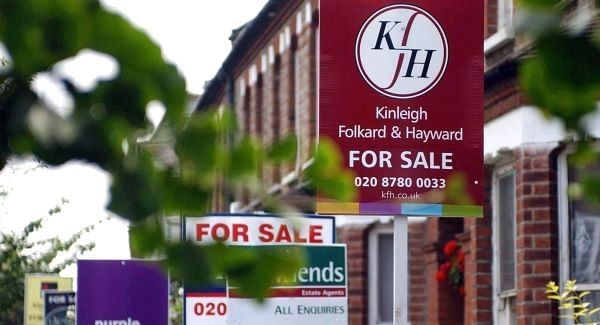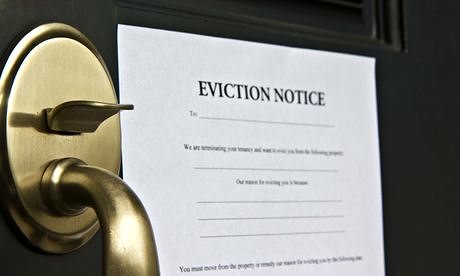
A landlord lobby group represented by Cherie Blair have seen a legal challenge to restrictions on buy-to-let tax relief dismissed at the Royal Courts of Justice today.
The landlord coalition called “Axe the Tenant Tax” was refused permission by a senior judge to seek a judicial review of tax changes announced by former Chancellor George Osborne in 2015 which are set to be introduced in April 2017. Under the proposed tax changes (Section 24 of the Finance (No 2) Act 2015) individual landlords with mortgages will be required to pay tax on turnover rather than the profit.
Represented by Omnia Strategy LLP, the law firm founded chaired by Cherie Blair in 2011, the group claimed that the tax changes were “unlawful, unreasonable and discriminatory” because they did not also apply to corporate landlords.
Mrs. Blair has previously claimed that the proposed tax changes would be challenged since they would “discriminate against landlords according to the European Convention on Human rights.” Speaking during today’s hearing, Mrs. Blair stated that the tax proposals would “unfairly result in cuts in income for ‘hard-working members of the public’ who had bought properties to rent in order to supplement their savings at a time when interest rates were low.”
Mr Justice Dingemans ruled that the legal challenge would fail rejecting claims that the changes would be contrary to EU legislation and anti-discrimination laws. The judge added that the extent to which corporate bodies should be treated differently to individuals when it came to tax laws “raises political and economic questions, but not in this instance a legal one.”
In response to today’s court defeat, the landlord group remained defiant. In a joint statement lead claimants Steve Bolton, founder of Platinum Property Partners, and fellow landlord Chris Cooper claimed that the extra costs incurred by landlord due to the tax changes would be passed on to tenants through higher rents.
“We are outraged by the court’s decision. It has completely missed the opportunity to protect tenants, landlords and the housing market from the disastrous consequences of Section 24. From April 2017 the negative impact of this previously failed tax experiment from Ireland, where rents increased by 50% over a three year period, will be felt far and wide. Sadly it will be tenants who are hit hardest; they are set to see unprecedented rent increases over the coming months and years, which will be a very clear and direct consequence of this ludicrous legislation.”
Despite the failure of a previous Parliamentary petition and today’s defeat, Mrs. Blair said that the coalition would fight on and “engage with the Government” more directly over the issue.








